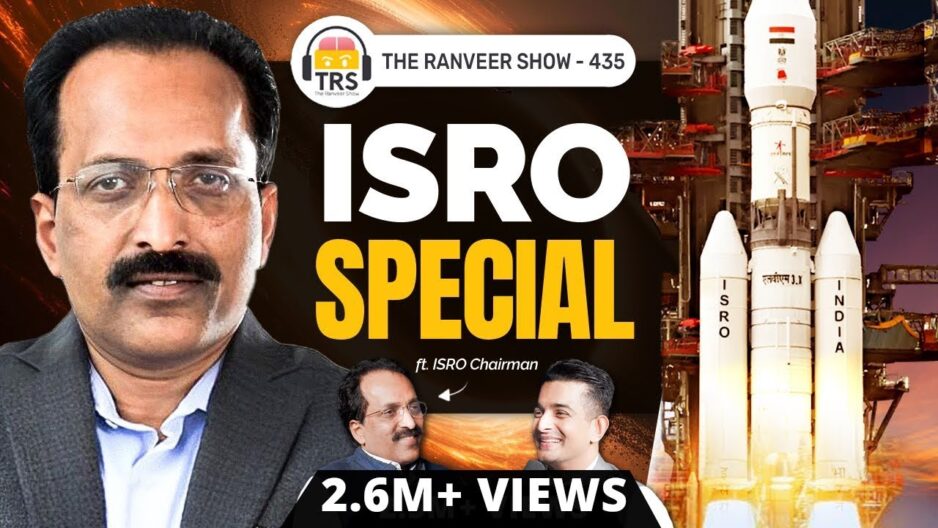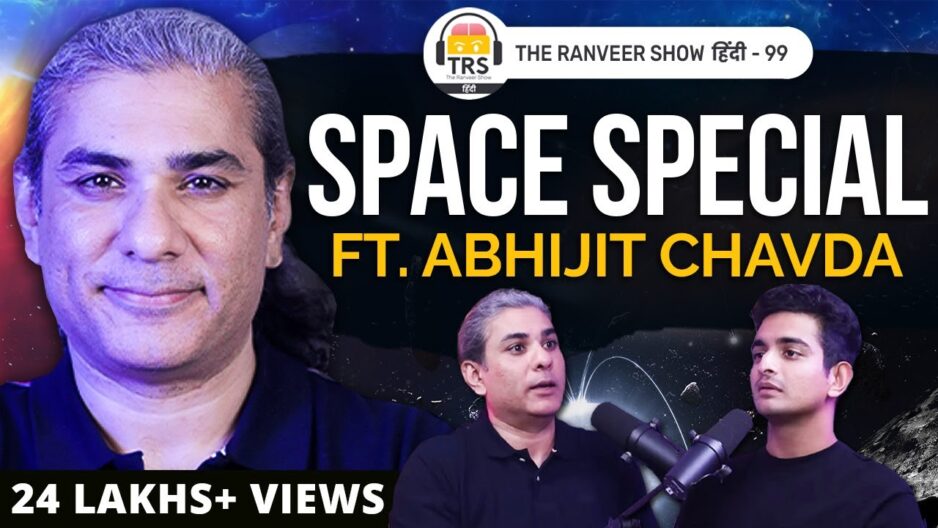As a curator, this podcast featuring Dr. S. Somanath, Chairman of ISRO, offers a captivating deep dive into India’s space program and future. From the groundbreaking success of Chandrayaan-3 to the possibilities of Mars colonization, Dr. Somanath provides insightful commentary on the challenges and advancements shaping space exploration. He also touches on intriguing topics like the search for extraterrestrial life, the intersection of science and spirituality, and India’s growing role in global space technology. This podcast is a must-listen for anyone passionate about space science and exploration!
Educatekaro discovered these Key Points:
- Chandrayaan-3’s Success: India’s historic moon landing mission demonstrated major technological and scientific advancements, marking a pivotal moment in space exploration.
- Mars Colonization: Dr. Somanath discussed the challenges of human settlement on Mars and the importance of overcoming these obstacles to make it a reality.
- Future of ISRO: Ambitious plans for space tourism and deeper solar system exploration highlight ISRO’s forward-thinking vision.
- Search for Extraterrestrial Life: The ongoing search for alien life, including discussions about UFOs, sparked curiosity about the possibilities beyond Earth.
- Science & Spirituality: The podcast explored how scientists balance the relationship between their work and spiritual meaning, offering a unique perspective.
- India’s Technological Growth: India’s innovations in rocket propulsion, AI, and robotics underscore its rising stature in the global space arena.
- Global Cooperation: Dr. Somanath emphasized the crucial role of international collaboration, particularly with agencies like NASA, in advancing space research.



